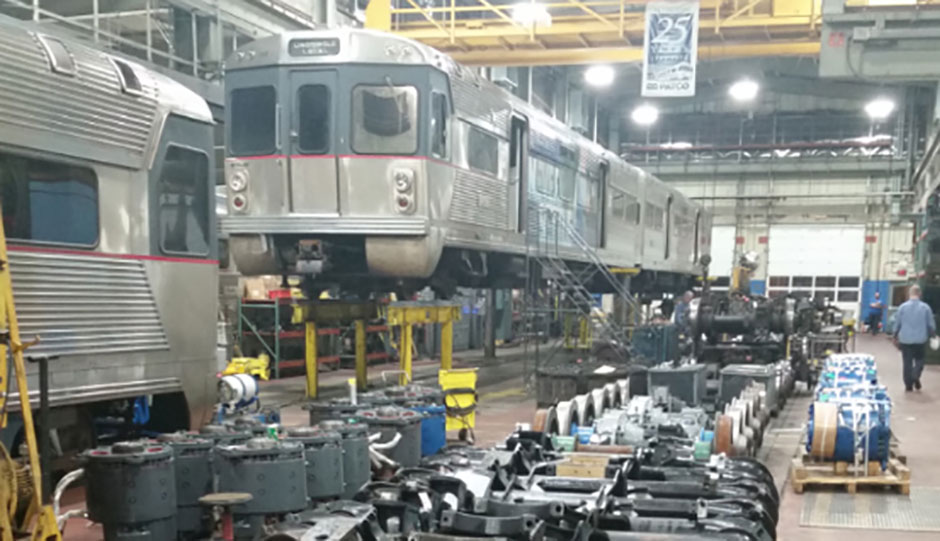PATCO Boss: Sorry for the Bad Service, Everyone

Photo via PATCO
It’s been a rough month for PATCO — so much so that the head of the transportation line is apologizing to customers.
“We are very sorry for our recent level of service,” PATCO general manager John Rink said in a release. “At PATCO, it is our number one goal to provide safe, convenient, and timely service to our customers. We know that, in recent weeks, we have failed to provide the level of service you expect and deserve. We are monitoring customer feedback and we have heard the frustration of passengers who have withstood extended wait times, crowding on our platforms and in our trains. What our customers have experienced is not the level of service we strive to provide and we continue to take steps to improve our service.”
PATCO has identified three “incidents” that caused delays this month. On January 9th, smoke began emanating from the underside of a train car while at Camden’s City Hall station. That caused PATCO to cancel multiple trains leaving Philly during the evening rush hour.
Three days later, the same thing happened at Ferry Avenue Station in the morning. And yesterday there were delays during morning rush hour both eastbound and westbound. Even the PATCO concourse under Locust Street was basically un-walkable due to slippery conditions on January 11th and 12th.
“It is important to note that we have been taking steps to maintain and repair the trains to counteract the effects of the winter weather,” Rink’s statement continued. “Since the snow storm on January 7, PATCO staff has been continuously replacing traction motors and making other repairs. A total of 21 motors have been replaced since January 8th alone. A typical motor replacement can take 6-8 hours. If we need to replace both motors, we swap the bad truck with a good spare truck. This work can take 2-3 hours, sometimes 4-6 hours if shimming is needed.
“During the workweek, PATCO works 3 shifts, day, mid-shift and night, working on repairs, maintenance and inspections. In addition, we scheduled overtime to continue with this work and address backlog of repairs. Over this past weekend alone, more than 500 person-hours were logged in the maintaining, inspecting, and repairing the train fleet for service on Monday.”
PLEASE NOTE: Regarding the sparking being seen and reported: Due to excessive moisture on the 3rd rail, the.. pic.twitter.com/cC6U6mx63T
— PATCO (@RidePATCO) January 18, 2017
Even this morning, PATCO acknowledged “sparking being seen” on some trains, but said it’s a common issue during cold and wet weather and poses no safety concerns.


